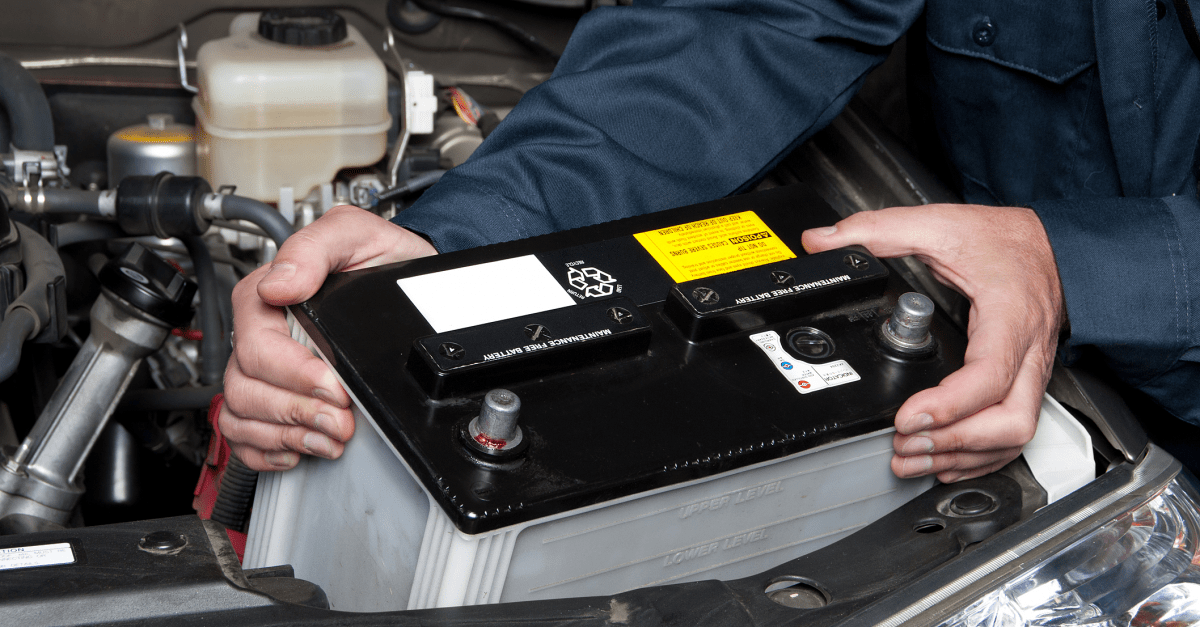A car battery is a crucial component that powers everything from starting your engine to running the lights and electronics in your vehicle. Understanding how to maintain your battery and knowing when it’s time for a replacement can save you from unexpected breakdowns and costly towing charges. In this post, we’ll explore how car batteries work, the common signs of a failing battery, and maintenance tips to extend your battery’s life.
How Car Batteries Work: Car batteries use chemical reactions to convert energy into the electrical power needed to start your car and keep it running. The battery also powers various electrical systems when the engine is off, such as lights, radio, and onboard computers. As a battery ages, its ability to hold a charge decreases, which is why even with regular charging, a car battery eventually needs replacement.
Signs of a Dying Battery:
- Slow Engine Crank: One of the most noticeable signs is a slow crank when you turn the ignition. If the engine takes longer to start than usual, the battery might be losing its capacity.
- Dashboard Warning Light: Most modern vehicles have a dashboard light that activates when there’s an issue with the battery. If this light comes on, it’s important to get your battery checked.
- Dim Lights and Electrical Issues: A weak battery can cause headlights and interior lights to appear dimmer. It might also cause issues with power windows, radio, and other electrical components.
- Swollen Battery Case: Extreme temperatures can cause the battery case to swell, which damages its internal components. If you notice a swollen battery, replace it immediately.
Car Battery Maintenance Tips:
- Regular Inspections: Check your battery terminals for corrosion and clean them regularly. Corroded terminals can cause poor electrical connection, affecting your car’s performance.
- Keep It Charged: If you don’t drive your car for long periods, the battery can lose its charge. Invest in a trickle charger to keep your battery healthy when your car is parked for extended periods.
- Avoid Short Trips: Frequent short trips don’t give the alternator enough time to recharge the battery. If possible, try to include longer drives in your routine.
Conclusion: Understanding your car battery’s role and maintenance needs can help you avoid unexpected breakdowns. Regular checks and replacing the battery at the right time will keep your vehicle running smoothly. Trust the experts at AutoSolve for professional battery testing and replacement services, ensuring your car starts reliably every time.







